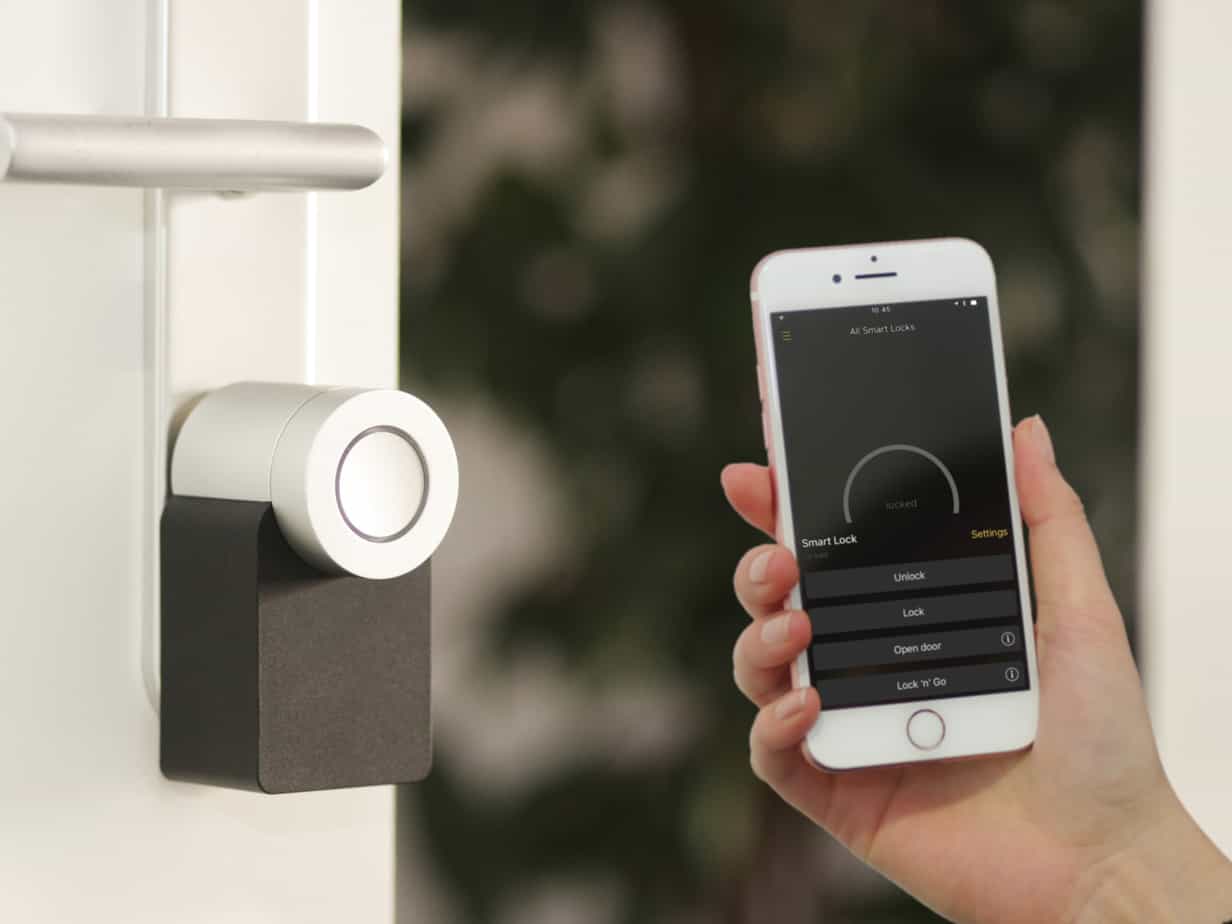
"Property owners have long put up with the pricey multiyear contracts, extensive wiring, and ugly sensors that home security systems have traditionally required," says Consumer Reports. Now, security companies are offering do-it-yourself security systems that are both better looking and cheaper.
How Security Companies can Promote DIY Offerings
For starters, most DIY security offerings tend to look better than the traditional systems. They're generally wireless, take up less space, and monitor the entire house, unlike bulky stand-alone cameras. DIY systems have also proven to be easier to install, hence the ability for consumers to do it themselves instead of relying on security companies for more than the product itself.
They're also cheaper. Along with saving the money generally spent to pay security companies to send an employee out to each home for installation, the companies are not in charge of monitoring DIY systems. DIY security customers monitor their own homes, which cuts out the professional monitoring middle man. The fewer people who are involved in the set up and maintenance of a product, the cheaper it is overall.
However, if the consumer isn't a security product's expert, it can be difficult for them to know what to buy. That's where security companies can offer insight through advertisements and online materials. If a consumer is happy with the product they buy, they'll recommend it to others. If they end up frustrated by the DIY process, they may give up altogether and resent the company they made the purchase from.
Consumer Reports recommends that security companies highlighting these facts:
- Installation: "A basic home security system should offer six key components: a base station, a keypad or touch-screen control panel, contact sensors for windows and doors, motion sensors, key fobs, and range extenders. Most kits offer these basic components; many of the companies offer online tools to help you design the optimal system for your home."
- Additional Specialty Components: "Homeowners can beef up basic DIY home security systems by adding a number of specialty components. These aren’t required for protection, but adding them allows you to monitor for additional threats, such as fires, carbon monoxide, and leaks. Keep in mind that costs can quickly escalate: Adding just a security camera to monitor, say, your pool or garden can cost up to $400."
Choosing between DIY and professional security systems can be difficult and confusing, especially if Home Security/Alarm Service Customers are left to figure things out on their own. Retailers can promote their assistance to confused consumers through both digital and traditional advertisements. Last year, the ads that were most effective among this shopper group included email, mobile smartphone app or text message and text link ads on websites. The most effective traditional ads last year included TV and direct mail.
AudienceSCAN data is available for your applications and dashboards through the SalesFuel API. In addition, AdMall contains industry profiles on home security dealers and locksmiths and electronics and accessories stores, as well as lead lists at the local level. Media companies, sales reps and agencies can access this data with a subscription to AdMall from SalesFuel.
